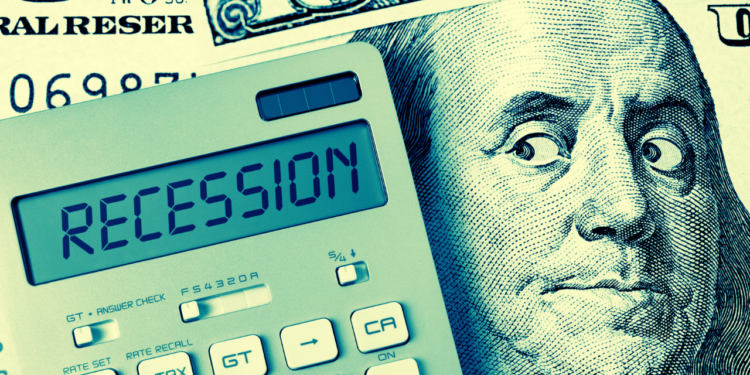What’s going on:
Economists were surprised to find that the economy has proven more resilient and inflation more persistent than originally predicted a few months ago, causing the Federal Reserve to maintain interest rates at a higher level for a longer duration, according to MSN.
Why it matters:
Economists predict that, by the end of this year, inflation (as measured by the annual increase in the consumer-price index) will have risen to 3.53%, up from 3.1% in the January survey.
Last week, the Labor Department revealed that inflation in March was a low 5% — the lowest it has been in two years.
Still, it’s a concern.
“The economy is likely to enter a ‘slowcession,’ with a tightening of credit conditions which act like an accident in slow motion, with [the] economy stalling out,” said Diane Swonk, chief economist at KPMG.
How it’ll impact the future:
Economists still put the probability of a recession within the next twelve months at 61%, in spite of inflation and interest rates remaining higher than previously predicted.
Compared to other surveys, they assume the recession to be relatively mild and brief, beginning in the third quarter of the current year (which is later than the consensus which had forecast it to start in the second quarter).
This prediction will likely have a negative impact on the jobs market — tightening it even further.














